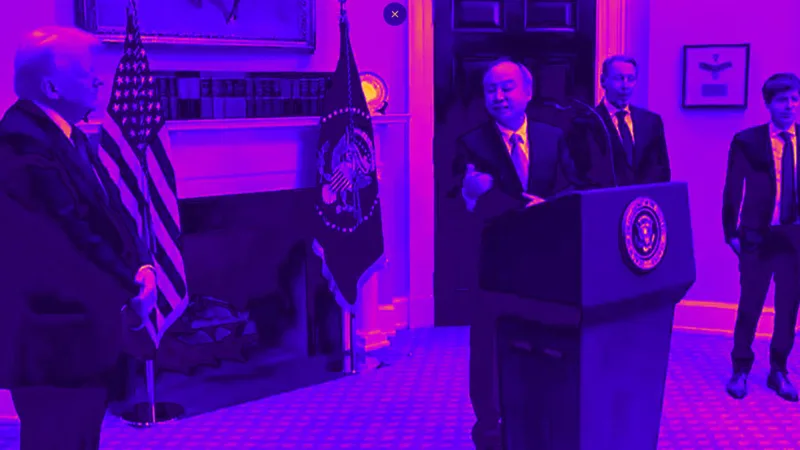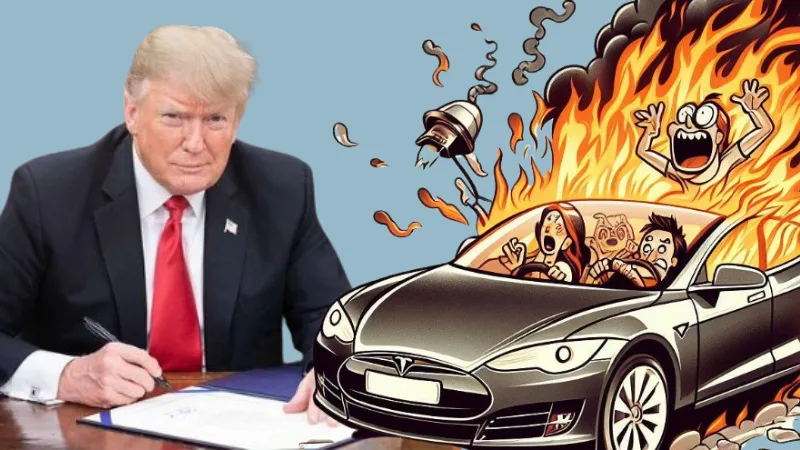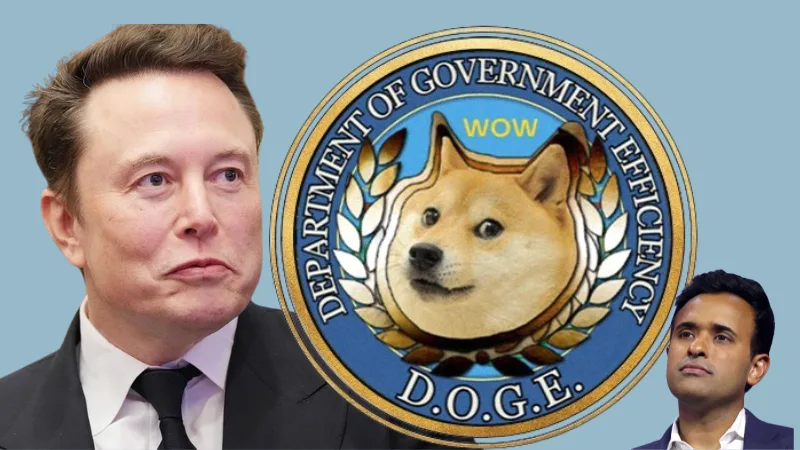The United States stands on the brink of a government shutdown after President-elect Donald Trump and billionaire Elon Musk successfully derailed a bipartisan government funding bill. Their intervention, which unfolded in Washington, D.C., has upended efforts to maintain government operations and intensified partisan divisions.
The Funding Bill in Question
The bipartisan bill, designed to fund the government through March 14, 2025, included provisions for disaster relief and farm aid. It was seen as a necessary step to avoid a government shutdown and ensure the continued delivery of federal services. However, critics, including Trump and Musk, labeled the legislation as excessive and laden with unnecessary spending provisions. Their opposition ultimately led to the bill being withdrawn, leaving Congress scrambling for a solution.
Speaker of the House Mike Johnson, a Trump ally, confirmed that the lack of Republican support made it impossible to advance the bill. “We couldn’t push this through with the current provisions. The opposition was too strong,” he stated.
Trump and Musk’s Opposition
Donald Trump’s disapproval of the bill came as no surprise. As President-elect, he campaigned on promises of fiscal reform and a streamlined government. In a statement, Trump warned Republican lawmakers that supporting the current bill could jeopardize their re-election prospects. His influence within the GOP continues to be a powerful force, particularly among House Republicans.
Elon Musk, newly appointed to lead the Department of Government Efficiency (DOGE), played a critical role in the revolt. Musk used his social media platform, X (formerly Twitter), to rally public and Republican opposition to the bill. In a widely shared post, Musk criticized the legislation as “business as usual in Washington,” urging lawmakers to reject it. His involvement marks a bold entry into the political sphere for the billionaire entrepreneur.
The Fallout
The decision to pull the bill has significant consequences. Without a new funding measure, the government risks shutting down, a scenario that would disrupt federal services and affect millions of Americans. Essential operations like military pay, disaster response, and federal employee salaries hang in the balance.
Democrats and moderate Republicans have voiced sharp criticism of the decision. “This is reckless governance,” said Representative Hakeem Jeffries. “The American people deserve better than political gamesmanship.”
Public opinion has been equally divided. Supporters of Trump and Musk view the move as a necessary step to curb government spending, while critics argue that the decision prioritizes politics over practicality.
Why Trump and Musk Took a Stand
Both Trump and Musk have emphasized the need for a more responsible approach to federal spending. Trump described the funding bill as a “bloated piece of legislation” and called for a measure that focuses solely on essential expenditures like disaster relief. Musk echoed these sentiments, adding that reducing wasteful spending is a cornerstone of his vision for the Department of Government Efficiency.
Another key demand from Trump and Musk is an immediate increase in the debt ceiling to avoid fiscal crises during Trump’s presidency. They argue that this move is critical for long-term economic stability.
What Happens Next?
The failure to pass the funding bill has left lawmakers with little time to prevent a shutdown. Congressional leaders are now exploring alternative solutions, but the path forward remains uncertain. Economists warn that even a short-term shutdown could have far-reaching consequences for the U.S. economy, potentially disrupting markets and slowing economic growth.
For Trump and Musk, this event sets the tone for a presidency that promises to challenge conventional governance. Their willingness to defy Washington norms is likely to define their leadership in the months to come.
How a Government Shutdown Would Impact Everyday Americans
The prospect of a government shutdown brings real and immediate consequences for millions of Americans. If Congress fails to pass a funding measure in time, the following effects are likely to ripple through communities across the country:
- Federal Workers and Contractors:
- Nearly 2 million federal employees would either be furloughed or required to work without pay. This includes critical personnel such as air traffic controllers, TSA agents, and food inspectors.
- Federal contractors, who are not guaranteed back pay, could face significant financial hardship.
- Social Services Disruptions:
- Programs like SNAP (Supplemental Nutrition Assistance Program) and WIC (Women, Infants, and Children) may face funding delays, jeopardizing access to food for low-income families.
- Housing assistance programs could see interruptions, potentially leaving vulnerable families at risk of eviction.
- National Parks and Museums:
- Many national parks, monuments, and museums would close, disrupting travel plans for millions and affecting local economies reliant on tourism revenue.
- Small Business and Economic Activity:
- Loans and permits issued by federal agencies, such as the Small Business Administration, would likely be delayed, impacting entrepreneurs and economic growth.
- A prolonged shutdown could undermine consumer confidence, leading to reduced spending and slower economic recovery.
- Healthcare and Research:
- Federally funded medical research at institutions like the NIH could halt, delaying critical advancements in healthcare.
- Public health programs may face gaps in service delivery, affecting disease surveillance and immunization campaigns.
- Delayed Tax Refunds and Financial Aid:
- The IRS may halt processing of tax returns, which could delay refunds for millions of Americans.
- Federal student aid disbursements may face interruptions, affecting college students and their families.
- Military Families:
- While active-duty military personnel would continue to serve, they might not receive paychecks during the shutdown. Families of service members could face significant financial stress as a result.
The longer the shutdown lasts, the more severe these impacts will become. Economists warn that a protracted shutdown could shave points off GDP growth and lead to broader economic instability.
The Clock is Ticking
As the risk of a government shutdown looms, the nation watches to see how this political standoff will resolve. Trump and Musk’s actions have sent a clear message: they are not afraid to shake up the status quo in pursuit of their vision for America. However, their boldness raises critical questions about the cost of their approach—not just in terms of dollars, but in the trust and stability of the nation’s governance.
Will this strategy yield meaningful reforms, or will it deepen divisions in an already fractured political landscape? Only time will tell.






